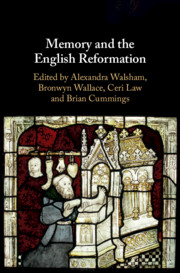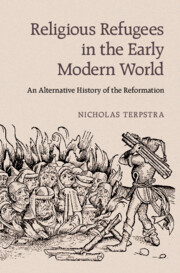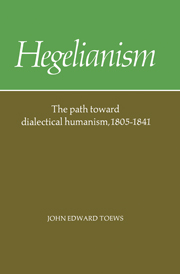Becoming Historical
This book focuses on a remarkable group of nineteenth century Berlin artists and thinkers to examine the ways in which selfhood and cultural solidarity came to be understood and experienced as components of historical identity. Karl Friedrich Schinkel, Felix Mendelssohn, Jacob Grimm, Friedrich Karl von Savigny and Leopold von Ranke became associated in 1840 with the cultural agenda of a regime that hoped to forge solidarity among its subjects by encouraging identification with a constructed public memory.
- Encompasses the languages of architecture, music, philosophy, historiography, linguistics and law - great variety of sources
- Ties issues of nineteenth-century historicism to current debates about discursive determination and subjective agency in the formation of personal and cultural identity
- Provides new perspective on significance of the 1840s as a seminal period for the production of new ways of conceiving selfhood as historical identity
Reviews & endorsements
"Advanced researchers and faculty with interests in 19th-century cultural, philosophical, and aesthetic traditions, especially in Germany, will appreciate this brilliant work. Essential."
- CHOICE, D.R. Skopp, Plattsburgh SUNY
"Becoming Historical magnificently draws together the intellectual, cultural and political history of Prussia in the decades before 1848. For the first time, it is possible to discern the patterns and cross-currents which linked figures as diverse as Grimm, Mendelssohn, Ranke, Schinkel and Schelling. Without doubt, Becoming Historical will become a classic in its field."
- Gareth Stedman Jones, King's College, Cambridge
"This formidably learned, analytically powerful, and intellectually challenging book illuminates the remarkable richness and enduring significance of cultural life in Berlin during the 1840s."
- James J. Sheehan, Dickason Professor in the Humanities, Stanford University
"Carefully analyzing a wide variety of works produced by individuals with both intellectual influence and political clout, Toews has produced a magnificent portrait of the cultural politics of Prussia after the Restoration--and by doing so, has given us the tools to fully understand the historical and intellectual processes which gave rise to German historicism, the mechanisms by which it gained hegemony, and the reasons why its enemies--most notably Marx and Kierkegaard--so thoroughly despised it."
- Suzanne L. Marchand, Department of History, Louisiana State University, Baton Rouge
"...beautifully researched and profoundly thoughtful book." -Dennis Sweeney, Histoire sociale/Social History
Product details
May 2008Paperback
9780521062985
492 pages
229 × 152 × 26 mm
0.724kg
38 b/w illus.
Available
Table of Contents
- List of illustrations
- Preface
- Acknowledgements
- Philosophical prologue: historical ontology and cultural reformation: Schelling in Berlin, 1841–5
- Part I. Historicism in Power:
- 1840 and the Historical Turn in Prussian Cultural Politics:
- 1. Nation, church, and the politics of historical identity: Frederick William IV's vision of cultural reformation
- 2. 'Redeemed nationality': Christian Bunsen and the transformation of ethnic peoples into ethical communities under the guidance of the historical principle
- Part II. Architectural and Musical Historicism: Aesthetic Education and Cultural Reformation:
- 3. Building historical identities in space and stone: Schinkel's search for the shape of ethical community
- 4. The generation of ethical community from the spirit of music: Mendelssohn's musical constructions of historical identity
- Part III. Law, Language, and History: Cultural Identity and the Self-Constituting Subject in the Historical School:
- 5. The tension between immanent and transcendent subjectivity in the Historical School of Law: from Savigny to Stahl
- 6. The past as a foreign home: Jacob Grimm and the relation between language and historical identity
- 7. Ranke and the Christian-German state: contested historical identities and the transcendent foundations of the historical subject
- Antiphilosophical Epilogue: historicizing self-identity in Kierkegaard and Marx, 1841–6
- Index.









.jpg)
.jpg)
